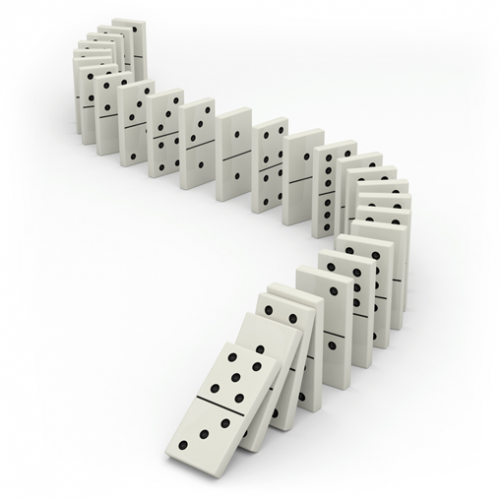Paper Patchwork 1
Can you work out what shape is made when this piece of paper is folded up using the crease pattern shown?
Can you work out what shape is made when this piece of paper is folded up using the crease pattern shown?
Have a go at making a few of these shapes from paper in different sizes. What patterns can you create?
Can you describe a piece of paper clearly enough for your partner to know which piece it is?
Are these statements relating to calculation and properties of shapes always true, sometimes true or never true?
What do you see as you watch this video? Can you create a similar video for the number 12?
Vincent and Tara are making triangles with the class construction set. They have a pile of strips of different lengths. How many different triangles can they make?
Make one big triangle so the numbers that touch on the small triangles add to 10.
We have a box of cubes, triangular prisms, cones, cuboids, cylinders and tetrahedrons. Which of the buildings would fall down if we tried to make them?
